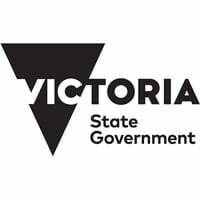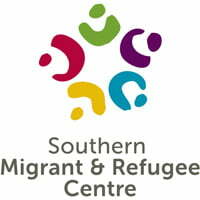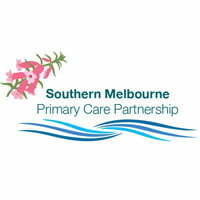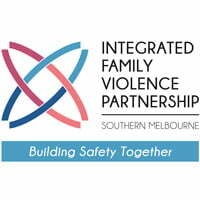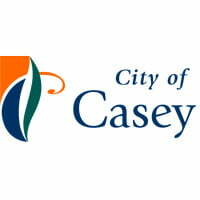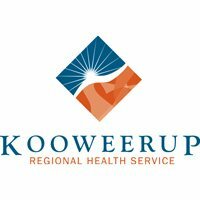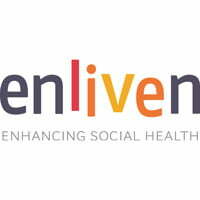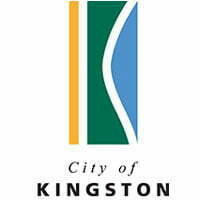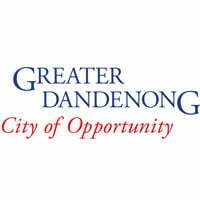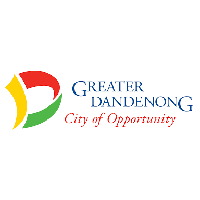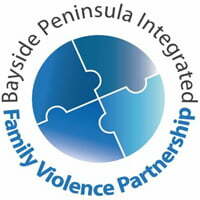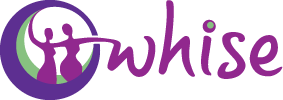Gender & Mental Wellbeing Workshops

Gender & Mental Wellbeing is the newest priority area introduced at WHISE. The area aims to improve mental wellbeing in our community in Melbourne’s Southern Metropolitan Region.
As a women’s health organisation, WHISE focuses on how biological sex, gender and related social structures can have an influence on someone’s mental wellbeing.
This workshop teaches participants how to apply a gender lens over their wellbeing, inclusion and social connection work.
We support people working in community development roles to make connections between gender and mental wellbeing/inclusion/connection initiatives. This training ensures that when professionals learn about issues faced by their community members, when planning new programs, they will consider gender in their decision-making. In this hands-on workshop, we invite participants to bring their existing work plans and workshop their thoughts with the wider group in-session.
Program Modules
1: What is a gender lens and why is it important?
2: How does gender impact mental wellbeing?
3: How can we apply a gender lens to program planning and evaluation? Case-studies and in-session brainstorming
| Size | 15 - 20 participants |
| Format | Face-to-face or online |
| For | Workplaces |
| Duration | 2 Hours |
Summary: This program teaches participants how to apply a size-inclusive lens over healthy eating and active living initiatives.
This multi-session program takes participants on a journey, from learning about the importance of size-inclusivity, to how it can be done in practice. Participants are encouraged to engage in reflective practice, apply their learnings directly to their programs and feedback on progress to the group.
Modules
1: What is size inclusivity? How does it interact with gender and mental wellbeing?
2: How can we ‘do’ size inclusivity? Case study analysis
3: How to apply a size inclusive lens to your work
| Size | 15 - 20 participants |
| Format | Face-to-face or online |
| For | Health Professionals |
| Duration | 2x 2 Hour sessions |
Summary: This program supports parents to promote positive mental wellbeing to their children in a gender-responsive way.
This session is designed for parents to learn the 101 of sex and gender, how these concepts interact with mental wellbeing, and how they can support their children with their mental wellbeing in a way that recognises gender.
Modules
1: What is sex? What is gender? What is the difference?
2: What is mental health? What is the mental health spectrum?
3: What might help seeking look like for your child based on their gender?
4: How can you work to protect your child’s mental wellbeing?
| Size | 25 - 50 participants |
| Format | Face-to-face or online |
| For | Parents |
| Duration | 90 mins |
Summary: This program supports teenage girls and gender diverse people to have courageous conversations with their peers about mental health.
These sessions are designed to place mental health literacy training in the context of gender and societal expectations placed on growing girls and gender diverse people. The focus is on having courageous conversations – with ourselves, and with peers.
Modules
1: Mental health 101: the spectrum, the stigma, noticing changes. What does our gender have to do with mental health?
2: What helps us thrive? Courageous inner dialogue
3: What helps our peers thrive? Having courageous conversations with peers, boundary setting.
| Size | 15 - 25 participants |
| Format | Face-to-face |
| For | Teenage girls and gender diverse people |
| Duration | 3x 2 hour sessions |
Summary: This workshop is designed for the emerging health workforce to learn about what it means to apply a gender lens over wellbeing.
This professional-development session gives a 101 on gender transformative practice, intersectionality, and its applications to wellbeing. It is designed for students who would like to learn more about this area of work.
Modules
1: Intersectionality and gender transformative practice 101 – why do these concepts matter?
2: How do these concepts interact with core public health theory, such as the socio-ecological model of health?
3: How do we apply a gender lens over wellbeing in practice?
| Size | 50 - 100 participants |
| Format | Online |
| For | University students, particularly public health students |
| Duration | 90 mins |
Join our mailing list
Stay in the loop of what's
happening at WHISE


